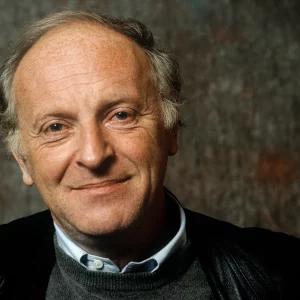
Sorry jumbo shrimp, but there is no bigger oxymoron than “the business of writing.” Even Thomas Jefferson would find this truth self-evident.
I was reminded of it while reading Shauna Osborn’s poem “panic stricken uncertainties & the business of writing” in the June 2018 issue of Poetry. The poem kicks off with a Joseph Brodsky quote, to wit:
“In the business of writing what one accumulates is not expertise but uncertainties. Which is but another name for craft. In this filed, where expertise invites doom, the notions of adolescence and maturity get mixed up, and panic is the most frequent state of mind. So I would be lying if I resorted to chronology or to anything that suggests a linear process. A school is a factory is a poem is a prison is academia is boredom, with flashes of panic.”
A great definition of the business of selling poems, I think. It is equal parts panic and confusion. Brodsky also was prescient in seeing uncertainties as another name for Craft. (I wonder if he said this before I was born.)
The string of metaphors in the last line of the quote tells us that Brodsky hasn’t a clue as to methodology. “Selling” poetry is like shooting in the dark. Sometimes something yelps. It’s called a willing market.
The trouble with marketing poetry is time. Poets can lose a year of their lives waiting for a single editor to say yea or nay, and years are finite. Imagine, then, what four “no’s” cost you. Four years of your finite life!
For this reason, among others, time interested Brodsky, too:
“Basically, it’s hard for me to assess myself, a hardship not only prompted by the immodesty of the enterprise, but because one is not capable of assessing himself, let alone his work. However, if I were to summarize, my main interest is the nature of time. That’s what interests me most of all. What time can do to a man.”
In the end, Brodsky understood that society and readers played a role in the business of writing, too. Somehow poetry has become ghettoized by the storm troopers of literature, fiction and nonfiction.
Readers are complicit as well, spending with abandon on the uniformed thugs of writing genres while never even considering a walk toward the poetry section in a bookstore (“What? There’s a poetry section in bookstores?”) Some final Brodsky words of wisdom:
“By writing… in the language of his society, a poet takes a large step toward it. It is society’s job to meet him halfway, that is, to open his book and read it.”
Meet a poet halfway today. Read his or her poetry book.
